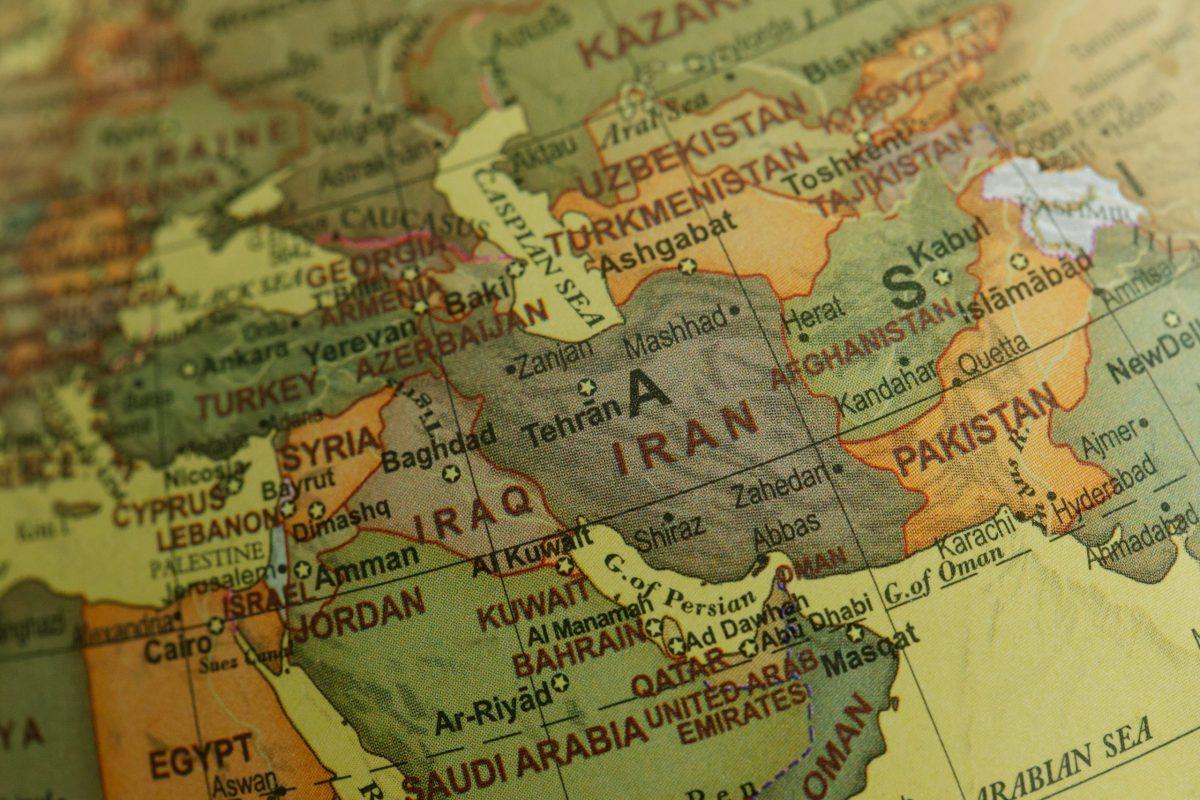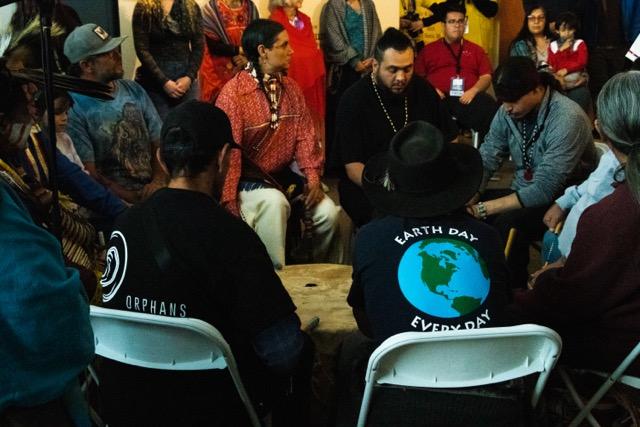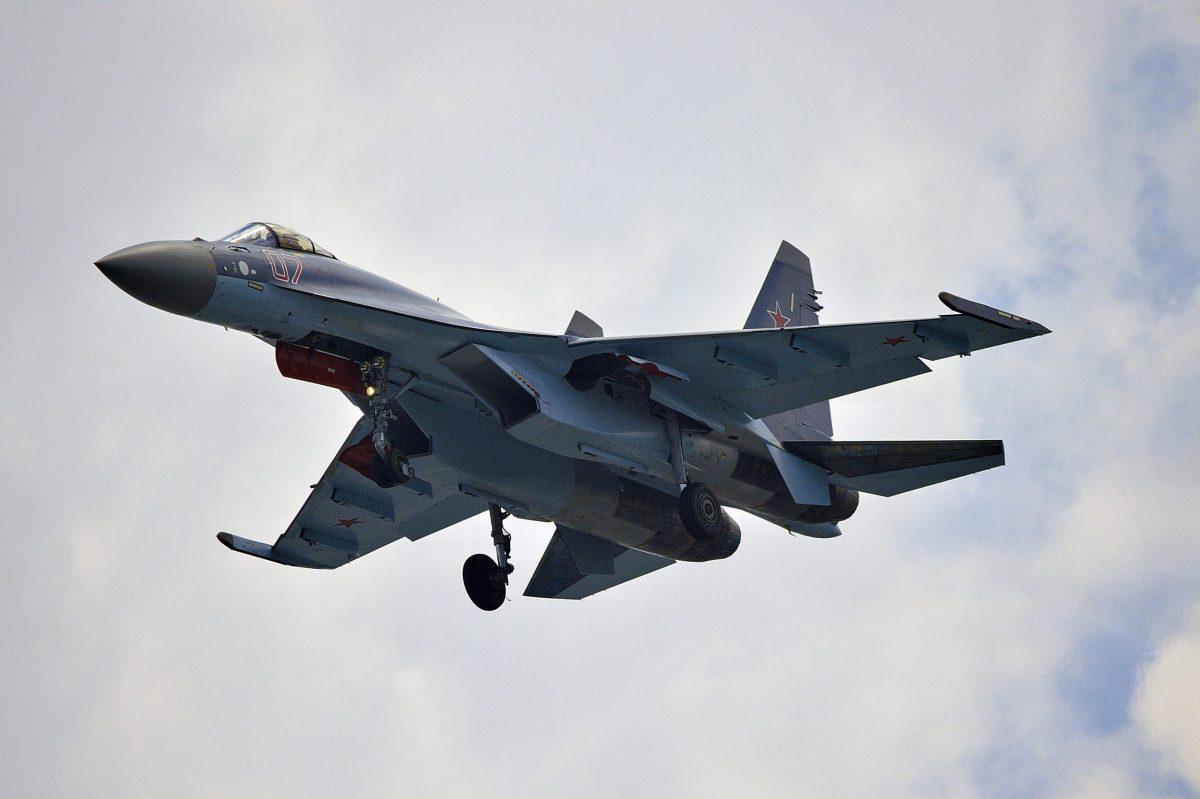By Julian Volk
While the United States Middle Eastern affairs team has focused on the Saudi-Israel conflict, China has made massive strides toward ending the seven-year-long Saudi-Iran conflict in March 2023.
Saudi Arabia and Iran have been conflicted since the late 1970s, and tensions rose in 2015 after the war in Yemen and the Mecca stampede. When the civil war in Yemen began in early 2015, Saudi Arabia’s government quickly backed Yemen’s internationally recognized government. They targeted Houthi rebel strongholds throughout the year, while Iran backed the Houthi rebels. Later that year, a stampede broke out in Mecca during the Hajj pilgrimage, where 2,000 people were killed, including approximately 400 Iranians. Iran spoke out against the Saudi government, claiming it handled the situation poorly and mismanaged one of the most important events of the Islamic calendar, profoundly offending the Saudis.
Four months later, in 2016, Saudi Arabia executed Shia leader Nimr al-Nimr, a known critic of the Saudi government. Iran quickly condemned the Saudis for their actions, and Iran’s Supreme Leader, Ayatollah Ali Khamenei, warned them of “vengeance” for the death of al-Nimr. The conflict continued with U.S. intervention, such as the Iran nuclear deal, for the next few years. The intervention by the U.S. furthered the conflict between the two Middle Eastern countries.
In 2023, after many discussions, Iranian President, Ebrahim Raisi, visited China to meet with Xi Jinping, China’s President, in February. The following month, Riyadh and Tehran announced their renewed diplomatic relations.
The newfound relations between Iran and Saudi Arabia surprised many in the United States, but it should have been more expected.
The plan for China to interfere with the conflict and attempt to solve it was unsurprising. Given Xi’s hope to gain control and influence around the World, it only made sense to start in the Middle East. Although Beijing has claimed that the act of solving the conflict was not one to gain power, it buys the most oil from Saudi Arabia than any other nation. Ensuring the stability of their oil imports can only serve to grow China’s economy, something that Xi takes much initiative on. With China’s other leading oil supplier, Russia, currently, at war, peace in Saudi Arabia heavily benefits China’s economic growth.
China’s influence in the Middle East may be a way to speed up its economic growth and show up in the United States. The United States has greatly influenced the Middle East since the 1970s, but its inability to solve conflicts has been the nation’s downfall.
The United States’ failure in the Middle East dates back to the late 1970s and early 1980s. Operation Cyclone became one of the worst decisions in United States history. The operation helped fund Afghan rebels during the 1980s, giving them approximately $630 million a year by 1987. That Afghan rebellion group became the Taliban some years later, a terrorist organization and the now new government of Afghanistan. This instance stands as one of the many failures of the United States government to bring peace to the Middle East.
Iran has openly praised China’s influence in the Middle East. Ali Khamenei said last year, “Asia will become the center of knowledge, the center of economics, as well as the center of political power, and the center of military power.”
Iran’s government’s hope that geopolitical power will continue to shift east seems to be nothing but a promise now. With influence in the Middle East, oil reserves can and most likely will be under China’s and Xi’s supervision, meaning they could limit exports.
With the United State’s lost influence, nuclear weapons in the Middle East have become a concern again.
Despite efforts by U.S. diplomats, Iran is closing in on the possibility of adding nuclear weapons to their arsenal. In response, Saudi Arabia has said, “If Iran developed a nuclear bomb, we will follow suit as soon as possible.”
















